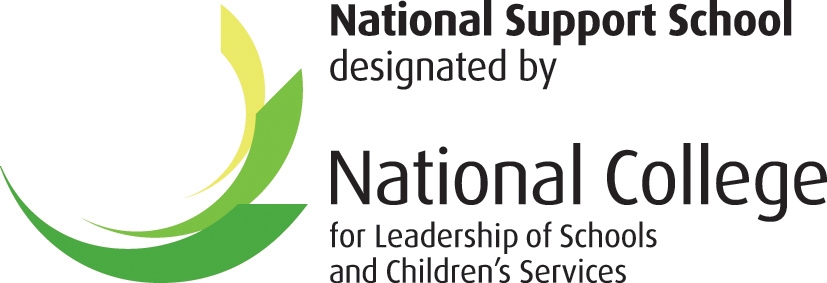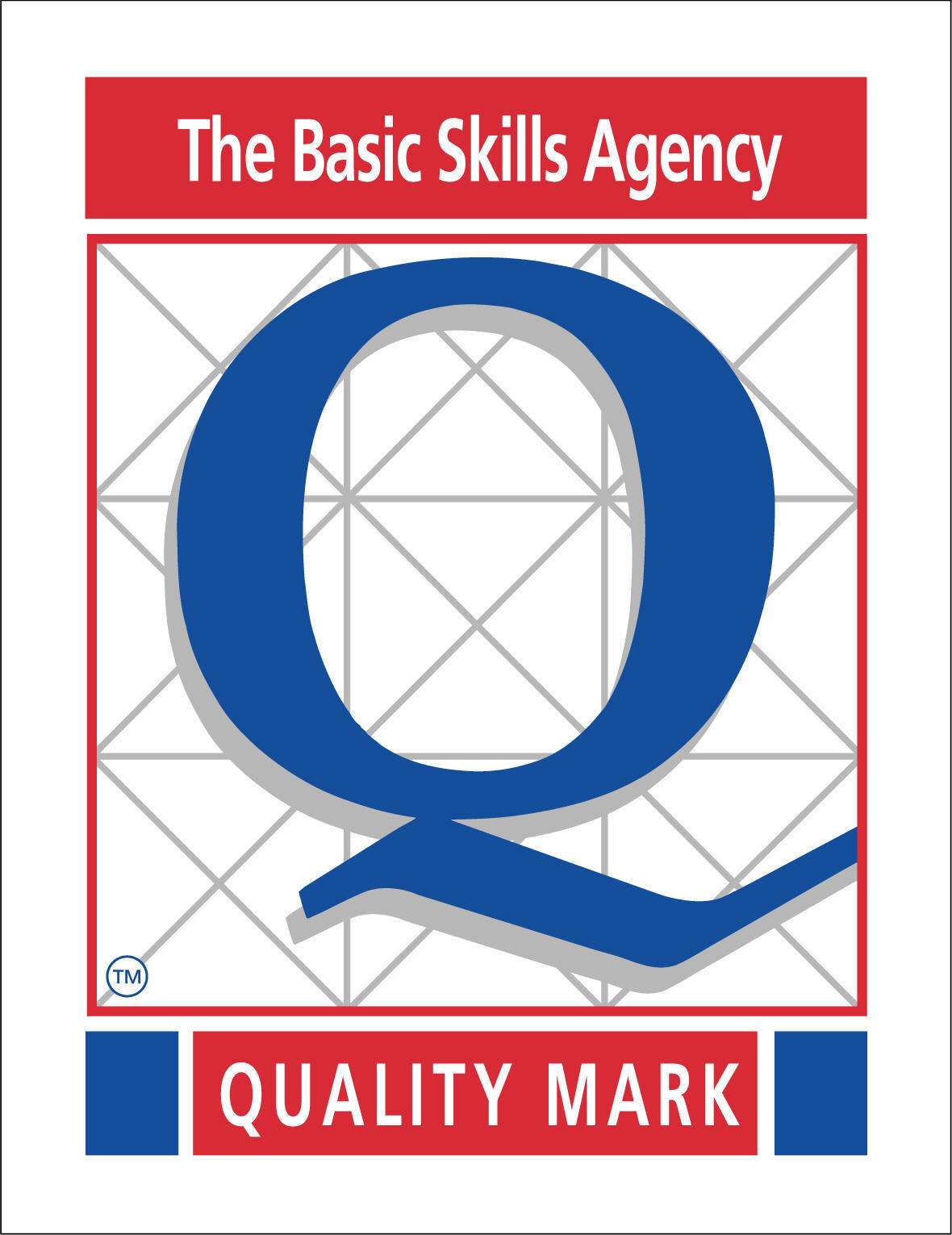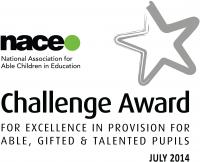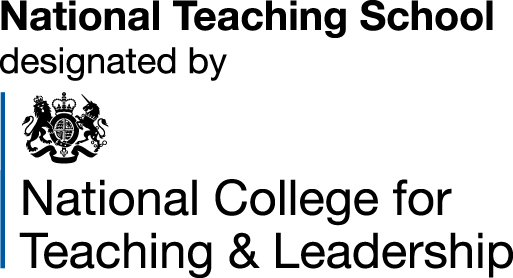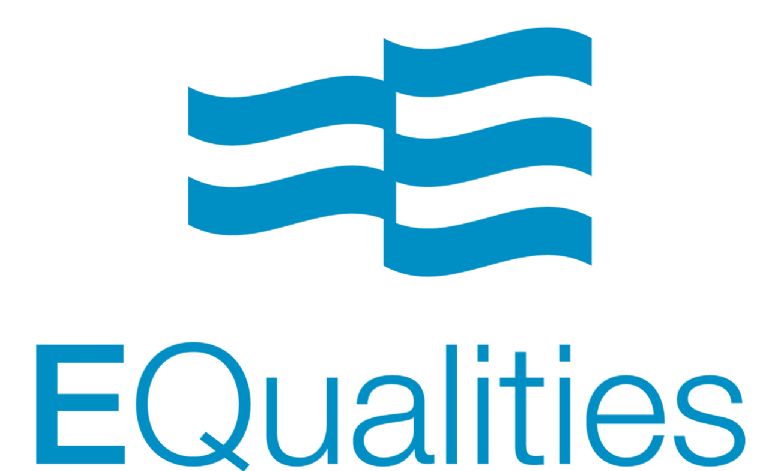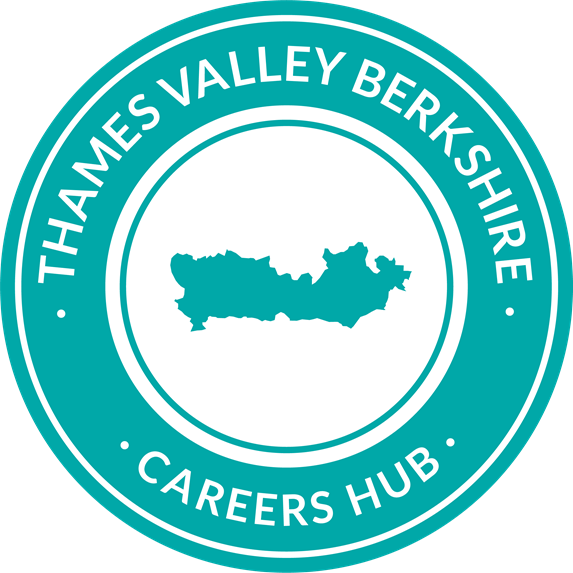Spanish
Introduction
The Subject Leader for Spanish is Mr Raso. We share 7 classrooms with the French and German departments, which are all equipped with interactive whiteboards. We also have two smaller rooms for speaking practice.
KS3
In KS3 we introduce the use of Target Language (TL) to encourage students to use Spanish spontaneously. Pupils familiarise with sentence structures with a focus on using modal verbs, present tense, future tense and past tense. In addition to this, they learn a variety of expressions to share simple and complex opinions about topic such us family, hobbies, school life, food, housing and town, and going out with friends. Challenges are included in all lessons for all students to produce more creative and sophisticated work. Cultural aspects of Hispanic society are also a key part of our curriculum. Pupils have the opportunity to broaden their Hispanic cultural knowledge and compare traditions to British costumes by exploring s authentic materials such as Spanish movies, music and festivals.
KS4
The number of students opting for Spanish in KS4 and KS5 has steadily increased over the last 3 years. The course aims to prepare students to achieve their highest potential and be ready for the A level courses.
The new GCSE Spanish specification is a linear course with terminal examinations in listening, speaking, reading and writing skills taken at the end of Year 11. In addition, we accommodate requests from candidates who have been learning Spanish privately.
Thematic and linguistic revision are strategically planned by building on the topics and grammatical patterns already covered in the Foundation years. This allows us to encourage our students to access more complex lexical items and build a deeper understanding of the different GCSE themes. Students will also have a better comprehension on aspects of Hispanic society and traditions. Consequently, the use of authentic materials will also raise cultural awareness and make it a more enjoyable experience anchored in the real world, whilst fostering useful transferable skills.
There are three broad themes in KS4:
1. Identity and culture
2. Local, national, international and global areas of interest
3. Current and future study and employment
Each theme contains a number of topics. Each topic is presented to students as a teaching unit, which includes:
- a sequence of lessons,
- a range of resources and activities that cover the full range of skills (including opportunities for revision and consolidation, and stretch and challenge),
- appropriate lexical and grammatical content.
KS5
Students will develop their understanding of themes relating to the society and culture of the countries where Spanish is spoken, and their language skills; they will do this by using authentic spoken and written sources in Spanish.
The approach is a focus on how Spanish-speaking society has been shaped, socially and culturally, and how it continues to change.
Students following this specification will develop their language knowledge, understanding and skills through:
- Using language spontaneously to initiate communication; ask and answer questions; express thoughts and feelings; present viewpoints; develop arguments; persuade; and analyse and evaluate in speech and writing, including interaction with speakers of Spain.
- Applying knowledge of pronunciation, morphology and syntax, vocabulary and idiom to communicate accurately and coherently, using a range of expression – including the list of grammar in this specification.
- Using language-learning skills and strategies, including communication strategies such as adjusting the message, circumlocution, self-correction and repair strategies.
- Listening and responding to spoken passages, including some extended passages from a range of different contexts and sources, adapted as necessary, covering different registers and types, including authentic communication involving one or more speakers.
- Reading and responding to a variety of texts, including some extended texts written for different purposes and audiences drawn from a range of authentic sources, including contemporary, historical and literary, fiction and non-fiction texts, adapted as necessary.
- Understanding the main points, gist and detail from spoken and written material.
- Inferring meaning from complex spoken and written material, including factual and abstract content.
- Assimilating and using information from spoken and written sources, including material from online media.
- Summarising information from spoken and written sources, reporting key points and subject in speech and writing.
- Translating an unseen passage from Spanish into English.
- Translating unseen sentences from English into Spanish.
Students must also study one book or film from the lists in this specification. They must know, understand and be able to respond critically in writing in Spanish to the work they have studied. Their knowledge and understanding must include a critical response to aspects such as the structure of the plot, characterisation, and the use of imagery or other stylistic features appropriate to the work studied.
Assessments/Homework
The assessments that we produce reflect the AQA GCSE exam questions, use the same grade system and cover four skills (Speaking, Listening, Reading and Writing). Students are assessed on a regular basis and their predicted attainment and attitude to learning are a reflection of their achievements.
Homework is set once a week and will cover the four skills over a period of time – homework could include students recording their own work, written tasks, comprehension tasks or work using authentic materials – for example Spanish songs, films or newspaper.
Support
Online platforms such as GoogleClassroom, Seneca learning and quizlet are vital for the learning journey of all our students.
Google Classroom is used to upload revision material and to set up projects for the whole class to access from home. Students can also use this platform to communicate with teachers outside the classroom.
Seneca learning is used as part of the consolidation and revision process of the languages. This website offers a variety of online activities carefully organised in topics and skills.
Quizlet is another platform where students car practice vocabulary for their vocab test, as part of homework and revision.
Additionally, to provide meaningful practice test and resources, we use exampro, an AQA platform that produces exam-type tasks broken down in topics.
Further support is provided in class and it might include printed worksheets, extra time allocated when needed, after school interventions and revision books.

